In today's fast-paced world, robot cleaners have become an essential tool for maintaining a clean and organized home. As technology continues to advance, numerous brands have emerged, offering innovative features and functionalities that make cleaning more efficient than ever. From well-known names that have dominated the market for years to new contenders making waves with their unique offerings, the variety of options can be overwhelming. To help guide your decision, we've compiled a list of the best brands for robot cleaners below.
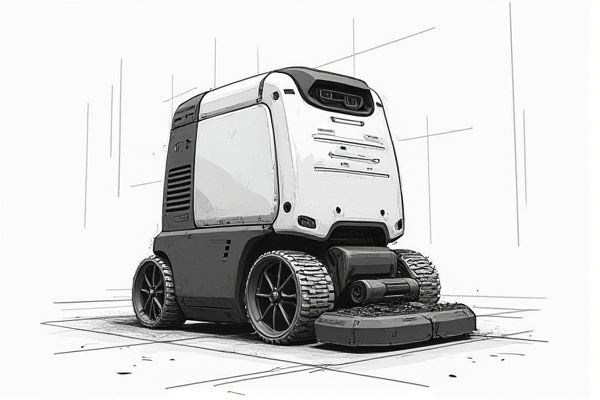
Illustration of robot cleaner
Best brands of robot cleaner in 2025
iRobot
iRobot Corporation is a leading global consumer robot company, renowned for its dominance in the robotic vacuum cleaner market. With the introduction of the Roomba in 2002, iRobot created the home robot cleaning category and has since sold over 40 million units, capturing a significant market share. The company's success is attributed to its solid robotic technology, effective marketing, and strong patent arsenal, allowing it to maintain a leadership position despite increasing competition. iRobot's Roomba series, including the Roomba J7+ and i7 series, continues to be a top choice, with the brand name often synonymous with robotic vacuums. iRobot's global expansion and continuous innovation in technologies like mapping, navigation, and cloud connectivity further solidify its market leadership. For more insights into what drives the success of iRobot's Roomba, visit their detailed analysis.
Roborock
Roborock has emerged as the leading global brand for robot vacuum cleaners, achieving the number one spot in unit sales and revenue in Q2 2024, according to IDC's Worldwide Smart Home Device Tracker. The company recorded a 30.90% year-on-year increase in operating revenue in the first half of 2024, reaching 4.416 billion RMB (approximately USD$625 million), and a net profit growth of 51.57% to 1.12 billion RMB (approximately USD$158 million). Roborock's success is attributed to its innovative products, such as the Qrevo Curv series, which features AdaptiLift Chassis technology, and its strong global market penetration, particularly in the United States, Germany, Korea, and Turkey. The brand serves over 15 million homes across 170+ countries and has invested significantly in R&D, with over 1.9 billion yuan ($263 million) dedicated to AI, electromechanical engineering, and optoelectronics. Roborock's market dominance is further solidified by its top sales rankings in Northern Europe, Germany, and South Korea. For more insights into Roborock's innovative technology and market reach, visit their website.
Neato Robotics
Neato Robotics is a leading producer of robot vacuum cleaners, renowned for its innovative D-shaped design that provides up to 70% more coverage than round robot vacuums, especially in corners and along walls. Their LaserSmart technology, utilizing LIDAR, enables precise mapping and cleaning even in low light conditions, making it up to 30% faster than camera-based navigation. Neato's products, such as the D10, have won prestigious awards like the Red Dot Design Award for excellence in product design in 2022. Despite recent changes, Neato's legacy in the market is significant, with a strong focus on eco-friendly solutions and user feedback-driven product refinement. The company's advanced navigation and powerful cleaning capabilities have set a high standard in the industry. For more information, visit Neato Robotics.
Ecovacs
ECOVACS ROBOTICS is a leading global market share holder in the robotic vacuum cleaner market, ranking first in core markets including China, the United States, Germany, France, and Italy in January and February 2023. The company has experienced significant growth, with its market share increasing from 7% in 2014 to 17% in 2020, and its revenue surpassing iRobot's in 2022, reaching approximately USD 1.46 billion from January to September of that year. ECOVACS dominates major sales platforms, accounting for over 50% market share in some segments, and has achieved record-breaking sales during events like the Double 11 shopping season, with global sales over US$113 million in 2019. The company's innovative products, such as the DEEBOT series, feature advanced technologies like AIVI 3D 2.0 and ZeroTangle Anti-tangle Technology, enhancing home cleaning efficiency. ECOVACS' commitment to innovation and affordable pricing has been key to its success. For more information on their products, visit the ECOVACS website.
Eufy
Eufy, a subsidiary of Anker, has established itself as a leading producer of robot vacuums, known for their efficiency, ease of use, and innovative features. The brand has seen significant growth, with revenue for Eufy robot vacuums increasing by 434% and 184% over the last six months, respectively. Eufy's market share in the global vacuum cleaner market stands at 8% as of 2024, highlighting its strong presence. Their products, such as the eufy S1 Pro and X9 Pro, are praised for their potent suction power, advanced obstacle avoidance, and self-cleaning capabilities.
Samsung
Samsung has emerged as a significant player in the robot vacuum cleaner market, particularly in South Korea, where it holds a market share nearing 30% as of August 2024, closing the gap with the market leader Beijing Roborock Technology Co., which commands nearly 40%. Samsung's Bespoke AI Steam, launched in April 2024, has been a key factor in this growth, with its hygiene-focused features and proprietary security system, Knox, gaining popularity among households. The product's high-temperature steam function and reliance on water and steam without additional cleaning agents have been well-received, especially by families with young children and pets. Samsung aims to become the domestic market leader by the end of 2024. The company's rapid market share growth is also driven by heightened security concerns and the preference for automated cleaning solutions. For more details, read the article at KED Global Electronics News.
LG
LG is a prominent player in the robotic vacuum cleaner market, known for its innovative and efficient products. As of 2024, LG holds a significant market share, with its brand presence growing steadily over the years. For instance, in the global robotic vacuum cleaner market, LG had a market share of 9% as of recent statistics. The company's products are favored for their advanced suction technology and user-friendly interfaces, contributing to the market's robust growth, which is projected to reach $50.65 billion by 2028. LG's commitment to smart home technology has driven consumer preference, making it one of the best producers in the industry. For more information about their robotic vacuums, visit LG's official website.
Shark
Shark is a leading brand in the robotic vacuum cleaner market, recognized for its innovative and user-friendly products. As of 2022, Shark held a significant market share, with its presence growing modestly from 1% in 2017 to 5% by 2020. The SharkClean app enhances the cleaning experience with features like precision home mapping, customizable cleaning schedules, and voice controls through Amazon Alexa and Google Home. Shark's robotic vacuums are popular for their ability to access hard-to-reach areas and their advanced features such as the VACMOP™ mode and Recharge & Resume functionality. The brand's strong presence in the U.S. market, particularly in North America, is driven by consumer preference for automated and efficient home cleaning solutions.
Dyson
Dyson is a leading brand in the vacuum cleaner market, particularly notable for its innovative robotic vacuum cleaners. In 2022, Dyson held the second-largest market share in the global vacuum cleaner market at 12%. The company's commitment to technological advancements, such as its pioneering cyclonic technology and high-speed motors, has driven its success. Dyson's products are known for maintaining 100% suction power and are popular globally, with a presence in over 65 countries. The brand continues to innovate, with significant investments in research and development.
Xiaomi
Xiaomi, through its subsidiary Roborock, has emerged as a significant player in the robotic vacuum cleaner market, known for its innovative products such as the Roborock T7S vacuum cleaner, which features built-in ultrasonic sensors and artificial intelligence to avoid obstacles. In 2023, Xiaomi secured a market share of 22.7%, indicating strong consumer demand for its products. The brand's presence in the Asia Pacific region, particularly in China, has been a key driver of its success, with China becoming the world's largest market for smart vacuums in 2023. Xiaomi's products are popular for their efficiency and technological advancements, contributing to the rapid expansion of the robotic vacuum cleaner market. With a projected CAGR of 26.3% in China from 2024 to 2032, Xiaomi is poised to continue its growth in the industry. For more information about their robotic vacuum offerings, visit Xiaomi's official global robot vacuum page.










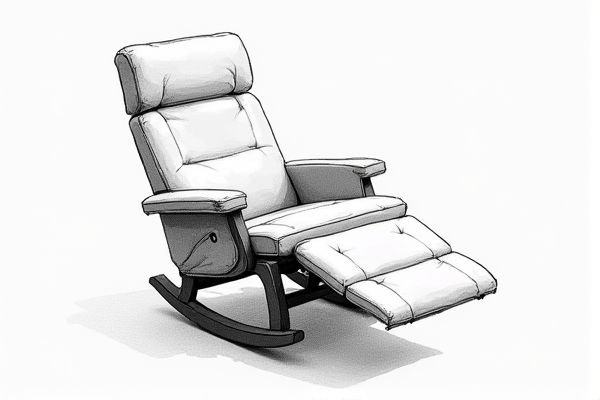
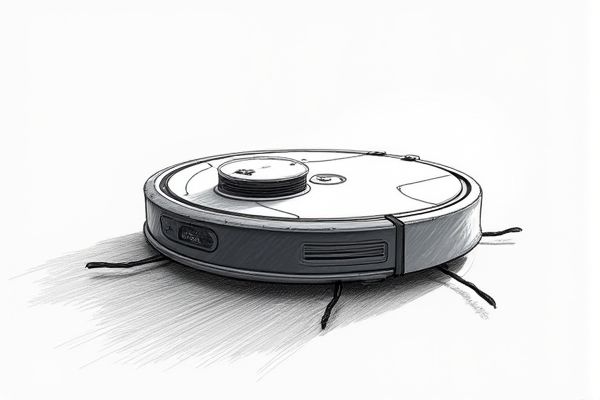
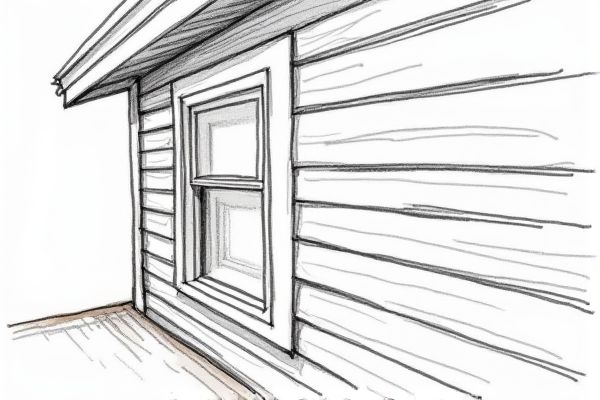

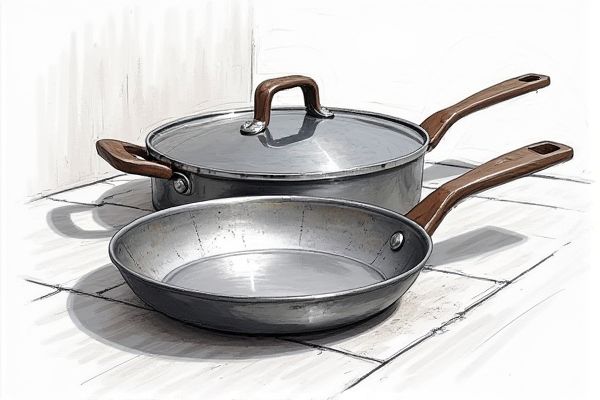
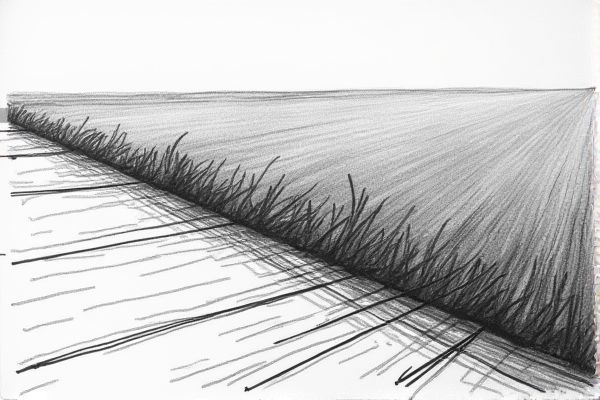
Leave a Reply
Your email address will not be published.